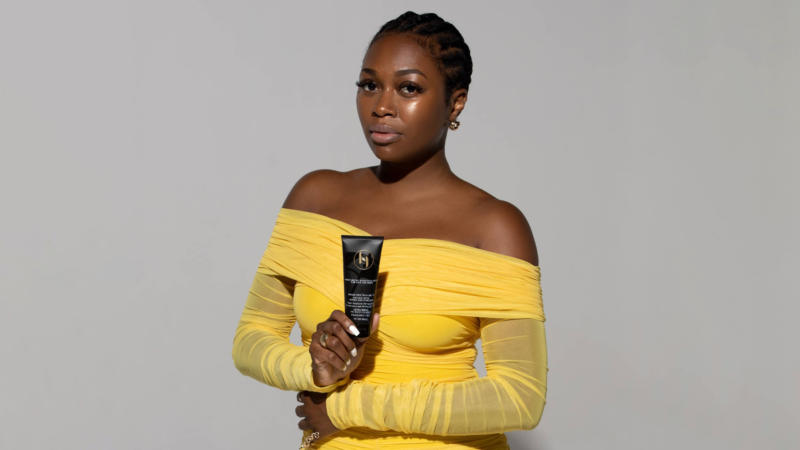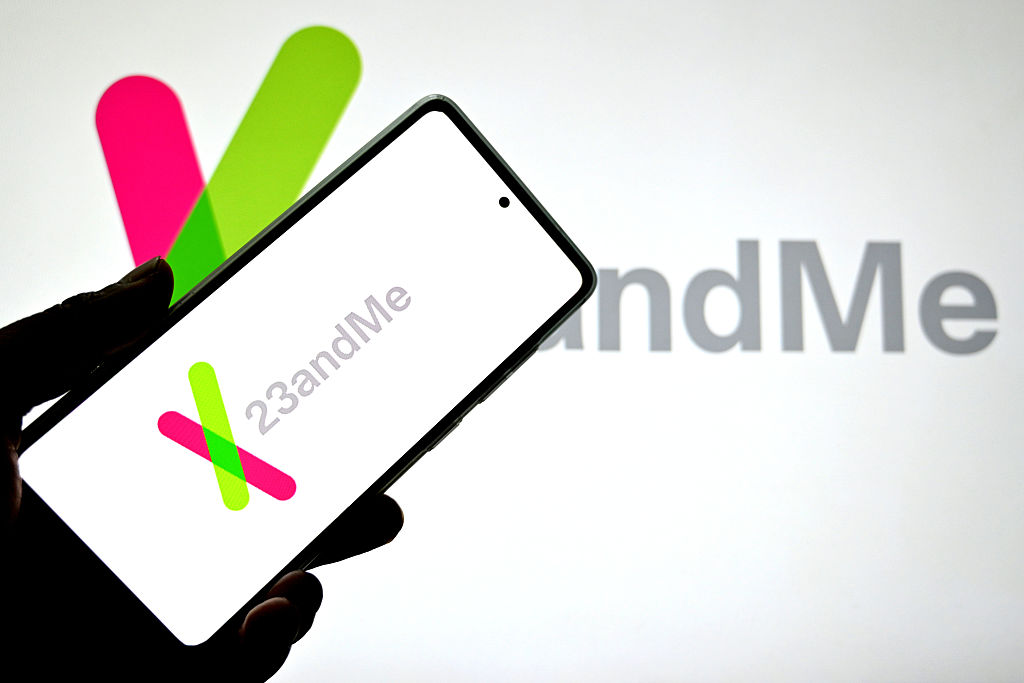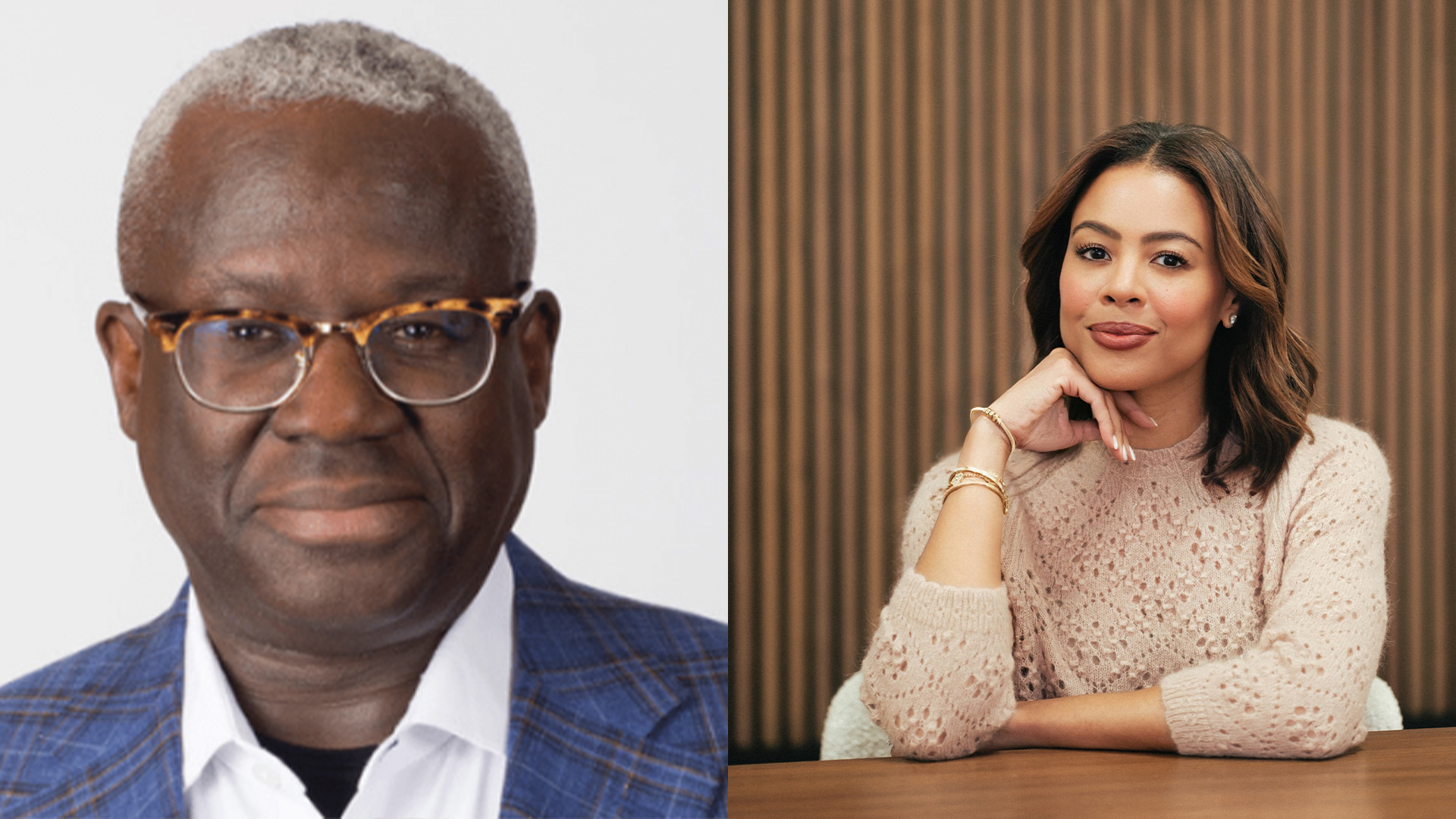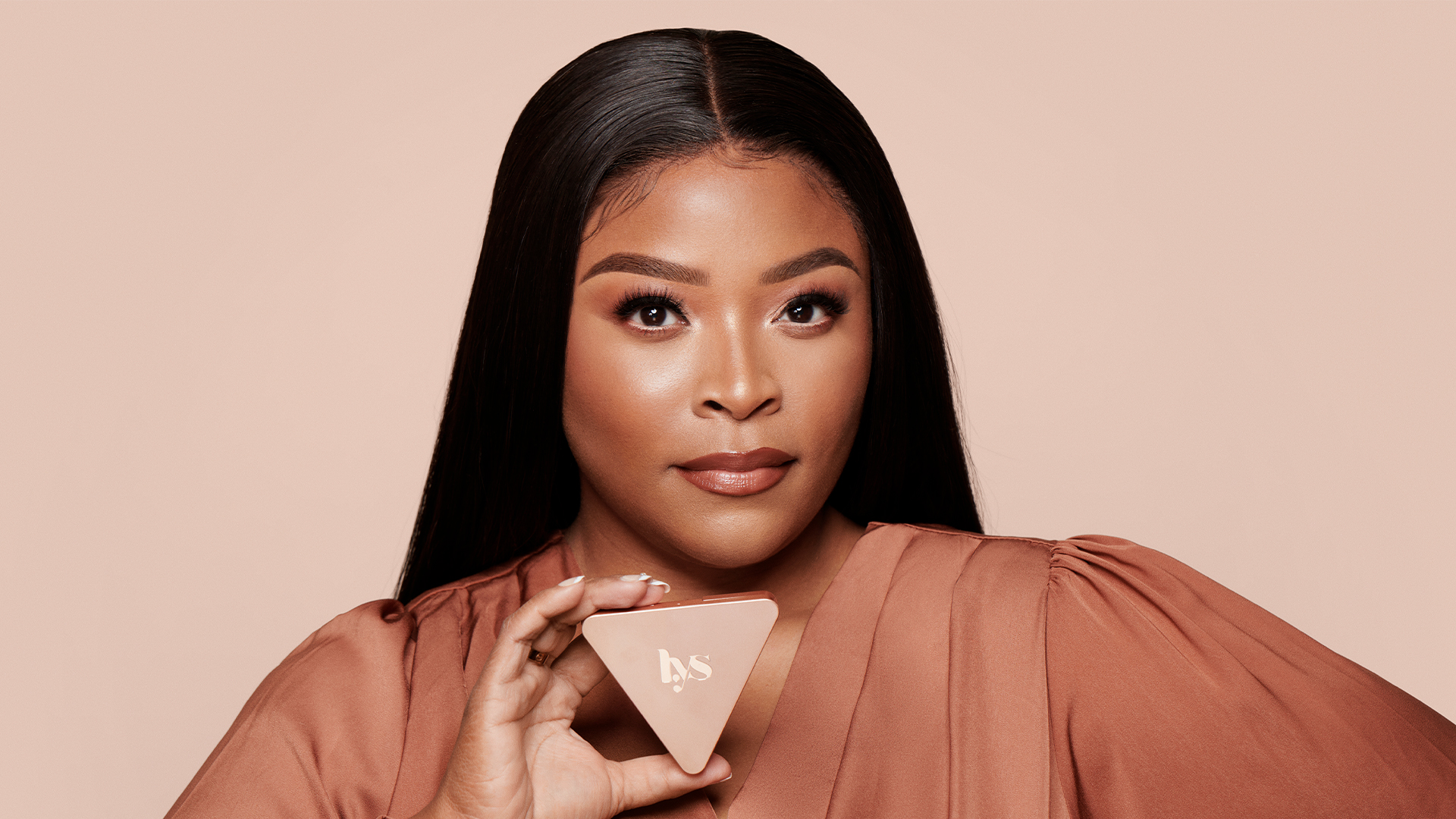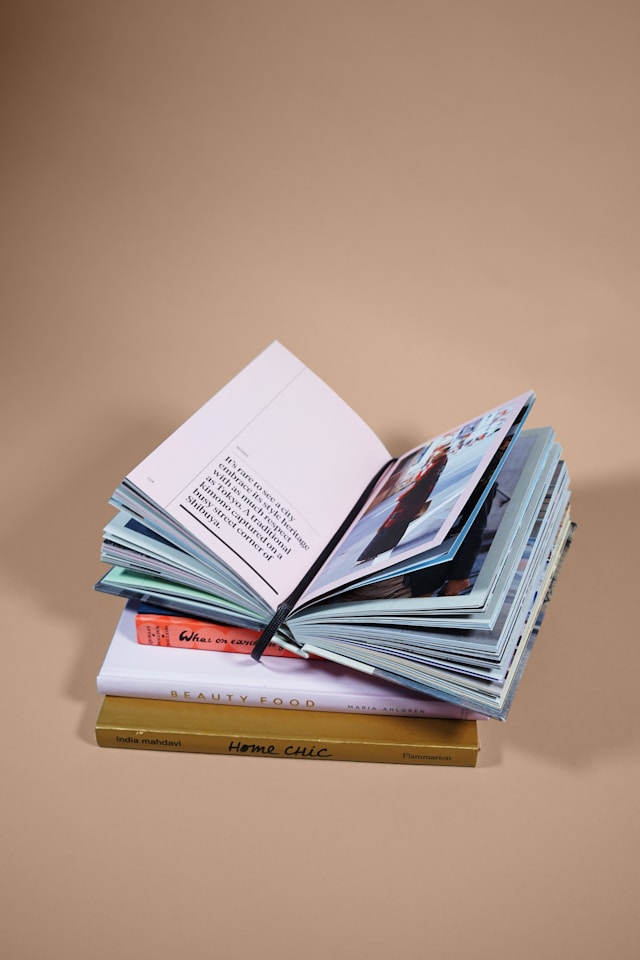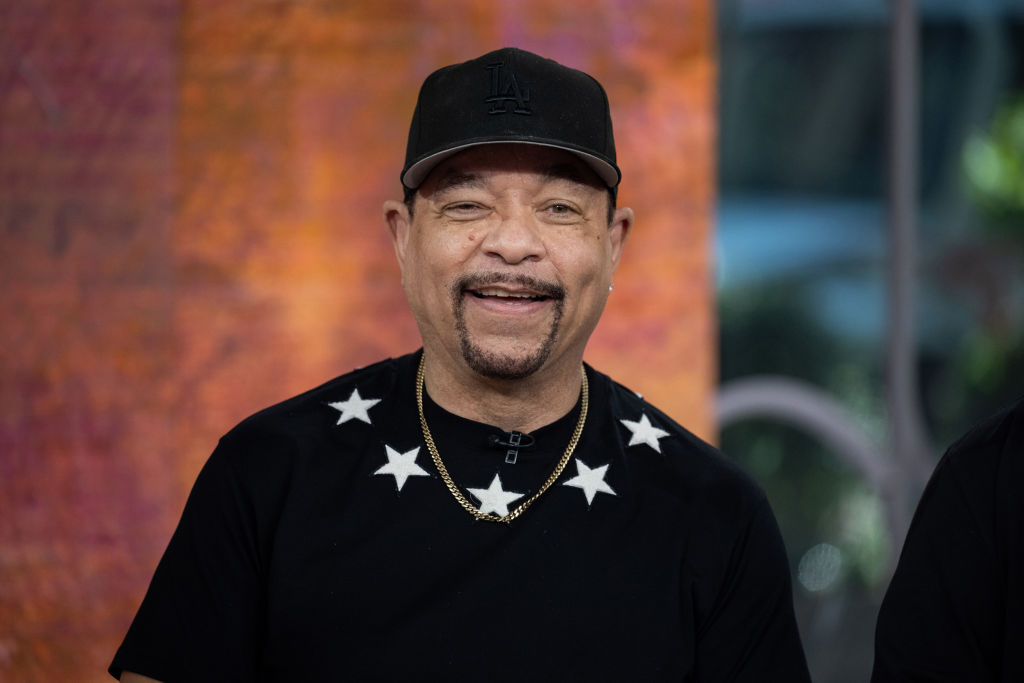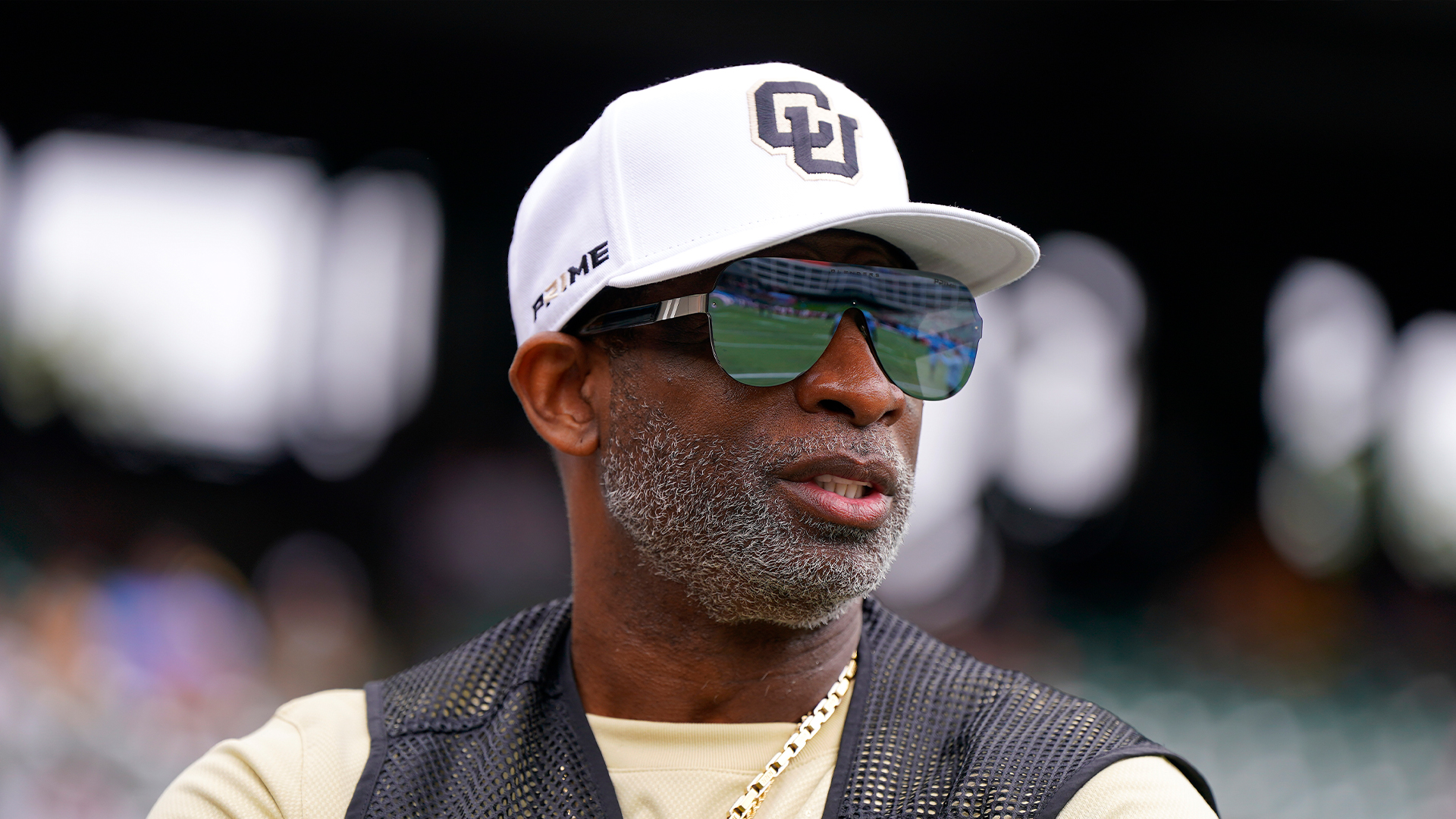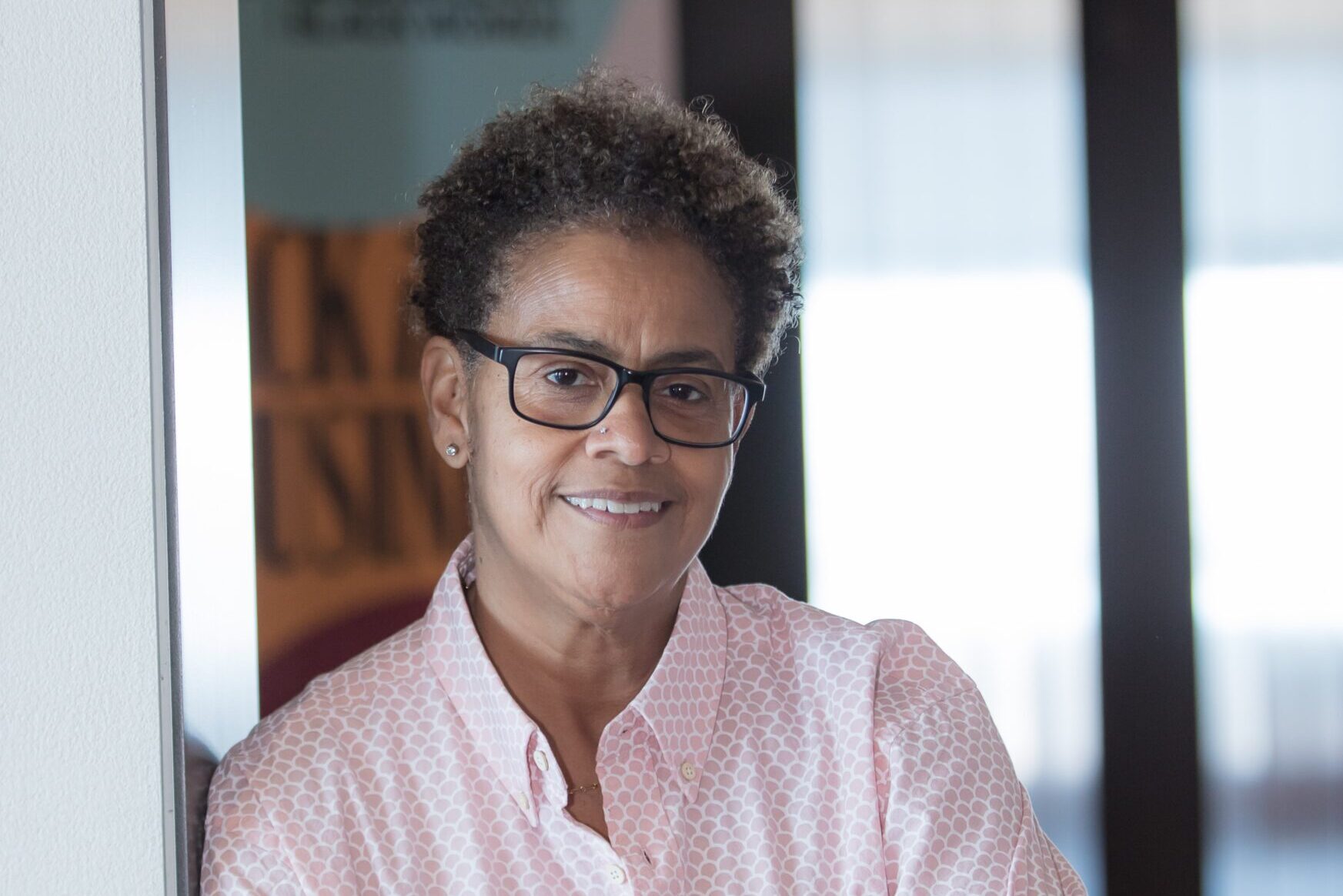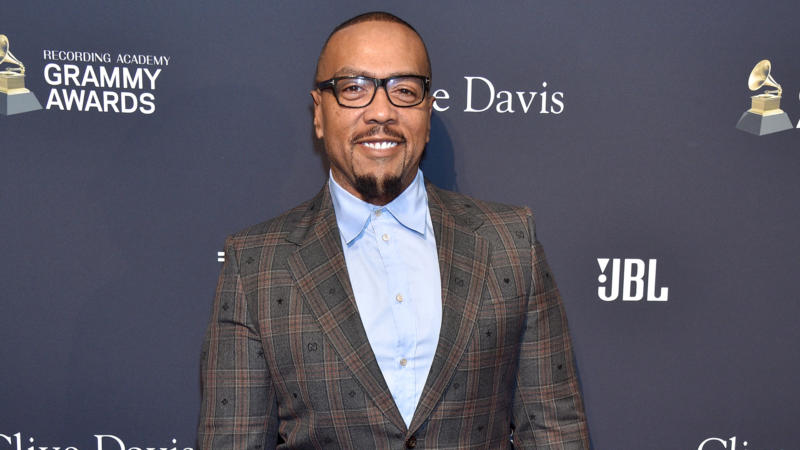Being a risk-taker paid off for entrepreneur Shontay Lundy, the founder of Black Girl Sunscreen.
The New York native began cultivating the brand after nudges from friends suggesting Lundy should consider wearing sunscreen, as she became an avid hiker after moving to Los Angeles.
While diving into research for products catering to Black skin, Lundy was not convinced by her findings. To her disappointment, the sunscreen sector underserved Black people and she recalled zero options that resonated with her.
Recognizing an issue, Lundy decided to be the change and disrupt the $8.5 billion sunscreen industry. Although Lundy never manifested she would become the head of a million-dollar sunscreen brand, she was determined to follow what made her happy.
Bringing The Vision To Life
With no business model in sight, Lundy hit the ground running to mold the inner workings of the company. While considering how she would cater the sunscreen to her target audience, ensuring the product would be hydrating and not leave white residue was the primary focus.
“There is a little bit of Shontay in all of my products. What was important for formulating these products was considering what is important for women of color and Black women,” Lundy told AfroTech. “We don’t want anything to dry out our skin so while creating Black Girl sunscreen, this and no white residue were the most important factors.”
Black Girl Sunscreen Initially Launched Through Personal Funding
The entrepreneur launched Black Girl Sunscreen in 2016 using $33,000 from her pockets. Lundy continued reinvesting the funds to support inventory and employees for the company. It paid off as the company grew rapidly putting Lundy in a position to prepare for venture capital funding. It was now clear the product was resonating with consumers and it was time for Black Girl Sunscreen to level up.
“Black Girl Sunscreen is changing the behavior and the mindset of people of color. We’re saying we want you to use something that you’ve never used before because you have been told that you don’t ever need it — you have a built-in superpower of melanin,” Lundy said. “I didn’t know what was going to happen. I didn’t know if Black Girl Sunscreen was going to scale or not. That was my hope and the growth came sooner than expected.”
Raising Capital
Raising capital was not easy. Lundy says it required countless hours of research and ensuring there were provisions in place to meet the requirements. The New York native knew she had to prove Black Girl Sunscreen deserved financial backing by sharing insights about the genetic makeup and appearance such as the units sold, potential retailers and distributors, and the momentum the products were gaining on the market over three years.
After four years, Lundy secured $1 million in funding to further the growth of Black Girl Sunscreen. By this time, the company had already celebrated the feat of landing in Target stores across the nation. The company’s total valuation was marked at $5 million by 2020, as AfroTech previously told you. Although Lundy could not disclose the updated numbers she did reveal, ”the valuation is inevitably growing.”
Black Girl Sunscreen Will Reach More Stores
Black Girl Sunscreen recently expanded its skincare line adding its fourth product offering, Make It Hybrid. The newest member of the company is a reflection of listening to its customers. With that said, the product contains a mineral and synthetic formula with zinc oxide.
Already landing in Target and acquiring shelf life in Ulta last year, more will have a chance to tap into the skincare line as it is set to reach additional stores soon.
For Shontay, this solidifies that Black Girl Sunscreen’s legacy extends far beyond her.
“We will be accessible in a couple more stores which is great because this means the community is supporting us,” Lundy said.
She continued: “I’ve seen young girls portray me for their Black History Month projects and I can’t ask for anything more than that. The fact that young women are looking up to me and Black Girl Sunscreen is creating an impact on their lives, is more than I could have ever thought.”
